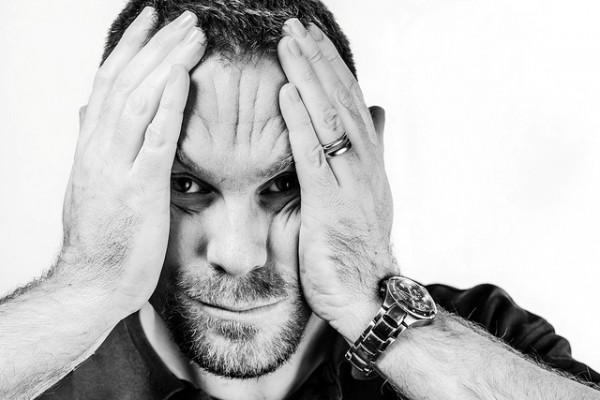Partners of Women Who Suffer Pregnancy Loss Often Feel Ignored and Invisible: Study

A study finds having a miscarriage affects the mental wellbeing of husbands and partners.
Pregnancy loss and complications that result in death of children during birth cause mental distress, depression and trauma in women. A recent research by the University College of London and the Miscarriage Association in U.K found husbands and partners of women who had miscarriages also undergo anguish but keep mum about their sufferings on loss and pain. Their study interviewed 160 partners of women who had pregnancy loss and noted that they reacted to with emotions such as sadness (85 percent), grief (63 percent) and shock (58 percent).
Around 58 percents of the partners had trouble concentrating in daily tasks, 47 percent suffered from lack of sleep and 48 percent agreed the pain of losing a child affected their work life. It was observed that 46 percent of the men did not talk about their emotions with their spouses and partners fearing it might hurt them more. Nearly 22 percent of the respondents were not comfortable discussing their pain with their wives and girlfriends.
"These findings show that partners often feel invisible during and after miscarriage or ectopic pregnancy. Many keep their real feelings hidden from their wife or girlfriend for fear of saying the wrong thing or causing more distress. Friends and family often ask how the woman who has miscarried is coping, but never think to ask her partner," said Ruth Bender Atik, National Director of the Miscarriage Association in a news release.
The Miscarriage Association launched 'Partners Too', a public awareness drive that provides information about support groups and counseling centers to help parents cope up from emotional impacts of miscarriages. Although, many men do want to openly talk about their experiences of losing child in a miscarriage, they refrain from doing so and feel pressurized to appear emotionally strong to support their partners.
"Although they wanted to have someone to talk to or care for them they said they did not feel able to ask for help from friends, family or their employers and those people didn't seem aware partners might be upset or in need of support," said Petra Boynton, study author and researcher from the University College of London.
Many men said they wish to hear about others' experiences during and after miscarriages from the internet, books and support groups. They added instructions on handling partners and self after miscarriage must be handed out in hospitals, pubs and others places.
Jul 22, 2014 08:44 AM EDT




